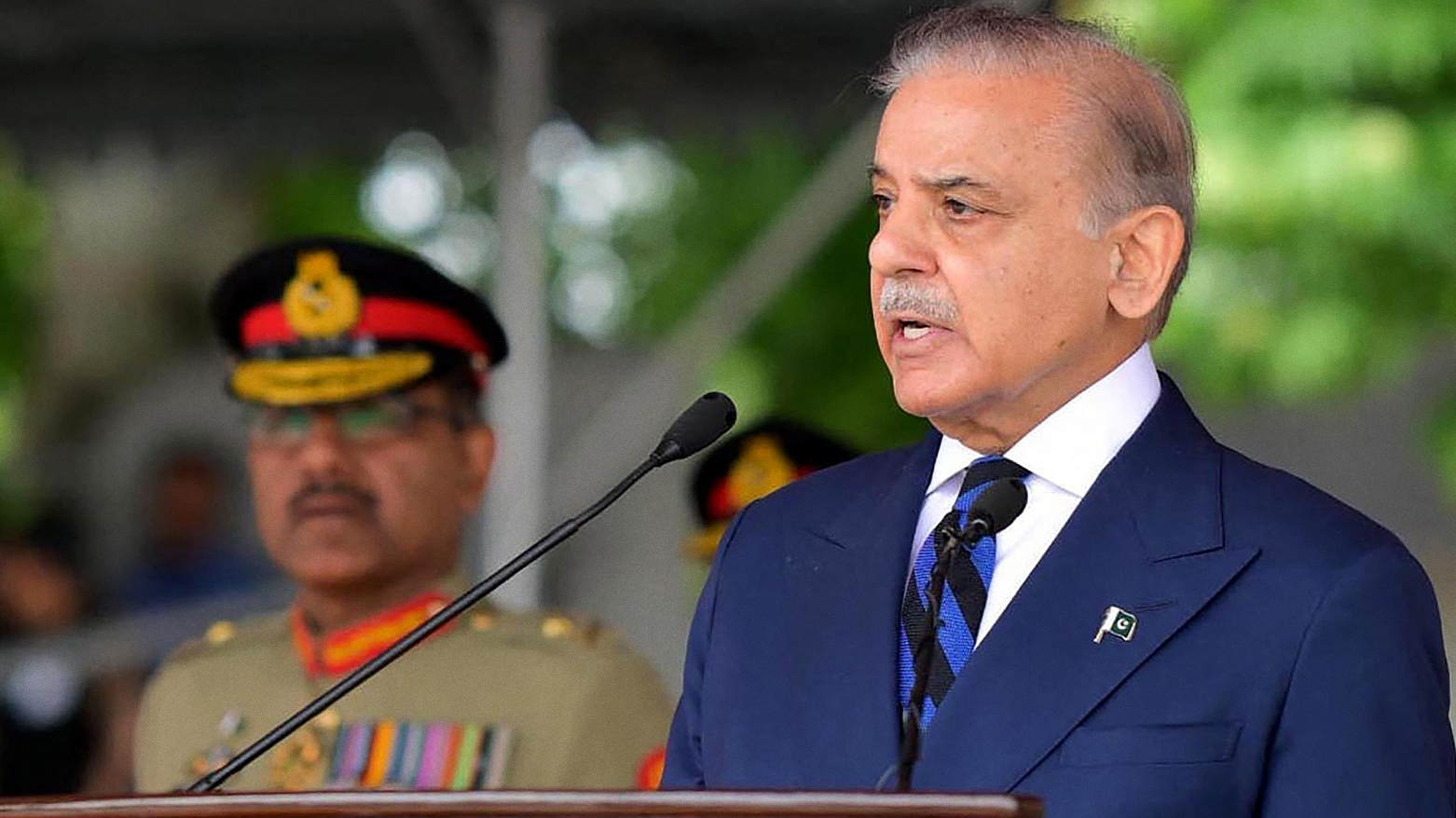Pakistan Test-Fires Ballistic Missile Amid Escalating Tensions with India Over Kashmir Attack
In parallel, India suspended all postal exchanges with Pakistan and imposed an immediate ban on the import of goods from its neighbor. Pakistani and Indian-flagged ships are now barred from entering each other’s ports.

ERBIL (Kurdistan24) — Pakistan successfully test-fired a short-range ballistic missile on Saturday, intensifying already-heightened tensions with India following last month’s deadly gun attack on tourists in the disputed Kashmir region, according to the Pakistani military.
The missile, part of the Abdali Weapon System, has a range of 450 kilometers and is equipped with advanced navigation and maneuverability capabilities. The Pakistani military said the launch aimed to validate the missile’s operational readiness and technical precision.
The test comes as relations between Islamabad and New Delhi have sharply deteriorated over the April 22 massacre in the Kashmir town of Pahalgam, which left 26 Indian tourists dead. India has blamed Pakistan for the assault, a claim Islamabad strongly denies.
Pakistani President Asif Ali Zardari and Prime Minister Shehbaz Sharif congratulated military officials following the successful test. While missile launches are typically directed away from sensitive border areas, this particular launch carried symbolic weight. Security analyst Syed Muhammad Ali told the Associated Press (AP) that the Abdali missile is named after a historic Muslim conqueror of India, calling the timing "critical in the current geopolitical context."
“The test serves as a strategic signal,” he noted, referencing India’s recent threat to suspend a key water-sharing agreement with Pakistan.
On the Indian side, military activities have also ramped up. India’s navy announced successful anti-ship missile firings on April 27 to demonstrate long-range precision strike capabilities. In parallel, India on Saturday suspended all postal exchanges with Pakistan and imposed an immediate ban on the import of goods, both directly and indirectly, from its neighbor. Pakistani and Indian-flagged ships are now barred from entering each other’s ports.
Cross-border hostilities have also intensified, with Indian officials claiming that Pakistani troops fired across the Line of Control (LoC) for the ninth consecutive night. India’s military described the firing as unprovoked, adding that it had responded “promptly and proportionately.” Pakistan has not confirmed these incidents, and independent verification remains elusive.
Kashmir, a region claimed in full by both countries but split by the LoC, has long been a flashpoint. India and Pakistan have fought two of their three wars over the territory, and periodic surges in violence are often accompanied by diplomatic fallout. In the current standoff, both nations have expelled each other’s diplomats and closed their airspace to one another.
Amid the military muscle-flexing, patriotic fervor was on full display at the Wagah border crossing during Saturday’s ceremonial flag-lowering parade. “The other side must have seen our energy, our spirit,” said Sundas Batool, a Pakistani spectator. “My message to India is: We are ready for anything.”
While some citizens like Shoaib-ur-Rehman voiced opposition to war, he told AP he would stand by Pakistan’s military if conflict became inevitable.
The ongoing standoff has drawn concern from regional observers, who fear that escalating rhetoric and military gestures could spiral into broader confrontation.
Pakistan Test-Fires Ballistic Missile Amid Escalating Tensions with India Over Kashmir Attack!
— Kurdistan 24 English (@K24English) May 4, 2025
In parallel, India suspended all postal exchanges with Pakistan and imposed an immediate ban on the import of goods from its neighbor. Pakistani and Indian-flagged ships are now barred… pic.twitter.com/urRvUCo1vL